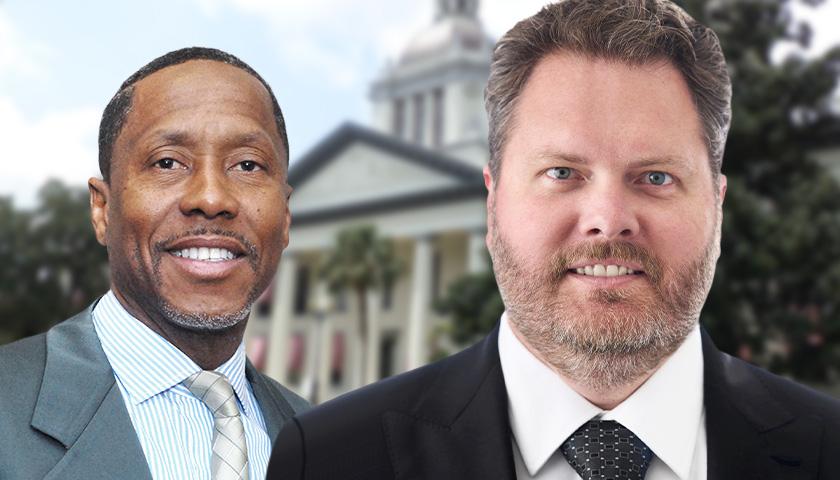by Andrew Powell
Florida is taking steps to protect its monuments and memorials from vandalism after two bills have been introduced that will ensure those who deface them face harsher penalties.
Both bills would also ban the placement of specified objects such as signs, on or next to a memorial.
House Bill 1607 and Senate Bill 1096 are companion bills that will triple the costs to return, repair or replace a monument or memorial for any individual or entity found guilty of damaging, defacing, destroying or removing them. If passed, the “Historical Monuments and Memorials Protection Act” would become effective on July 1.
In the bills, a “memorial” and a “monument” is defined as a plaque, statue, marker, flag, banner, cenotaph, religious symbol, painting, seal, tombstone, living plant material, structure name or a display that has been constructed to be permanently displayed, maintained, has a historical significance or is to honor military personnel.
Previously, citizens had no recourse in the Florida court system to take individuals or entities to court for damaging historical monuments.
If the bills become laws, an entity or person found guilty of damaging or defacing memorials or monuments can have civil action brought against them by any public entity who owns a memorial, any legal resident of Florida and any entity who works in the preservation of such monuments and memorials.
Only authorized entities are allowed to move or relocate monuments and memorials. Local governments will no longer be able to relocate memorials and if one is moved to a different location, it must be put in a position of equal prominence or damages could be filed.
HB 1607 has had its first reading with the House Judiciary Committee.
The Senate Committee on Governmental Oversight and Accountability recently passed SB 1096 favorably on March 15 and the bill is due in front of the Community Affairs Committee on Wednesday.
The bill’s sponsor State Sen. Jonathan Martin, R-Fort Myers, said the genesis of this bill came from the concerns raised by his constituents about monuments and memorials that had been damaged or destroyed.
“Many concerned individuals in my district, who have been watching the news in the past few years…have seen historical monuments of all shapes and sizes, of all political creeds damaged, vandalized for political purposes.” Martin said when presenting his bill to the committee.
Martin added that he believes the monuments and memorials are an important part of history that needs to be readily accessible to the public.
State Sen. Darryl Rouson, D-St. Petersburg, asked if a monument or memorial is deemed offensive and “causes pain” to a certain group of individuals, could it be moved to a museum instead of displayed publicly.
Martin argued that up until this point, he has yet to see any sign that monuments or memorials deemed “offensive” have been moved to the safety of a museum and instead have simply been vandalized and destroyed.
– – –
Andrew Powell is a contributor at The Center Square.
Photo “Jonathan Martin” by Jonathan Martin. Photo “Darryl Rouson” by Darryl Rouson. Background Photo “Florida Capitol” by Michael Rivera. CC BY-SA 3.0.





